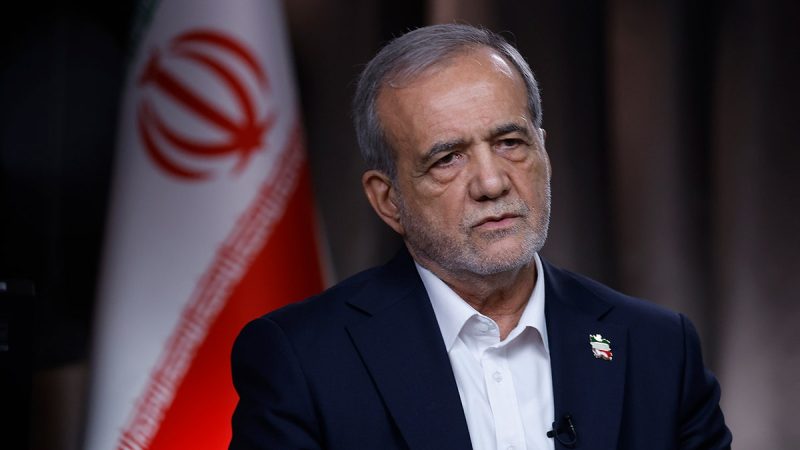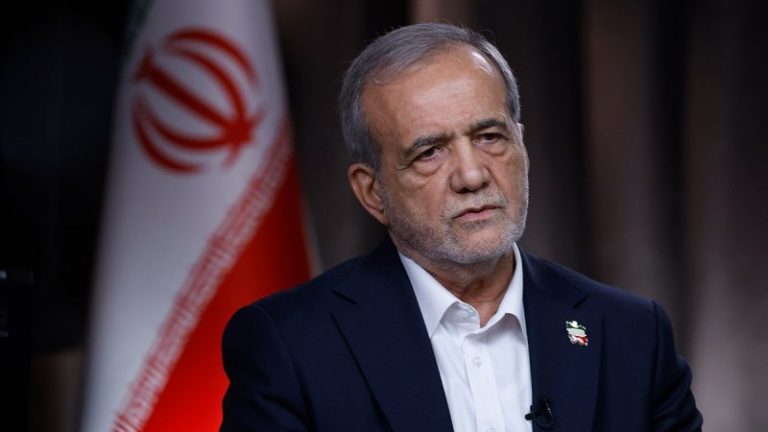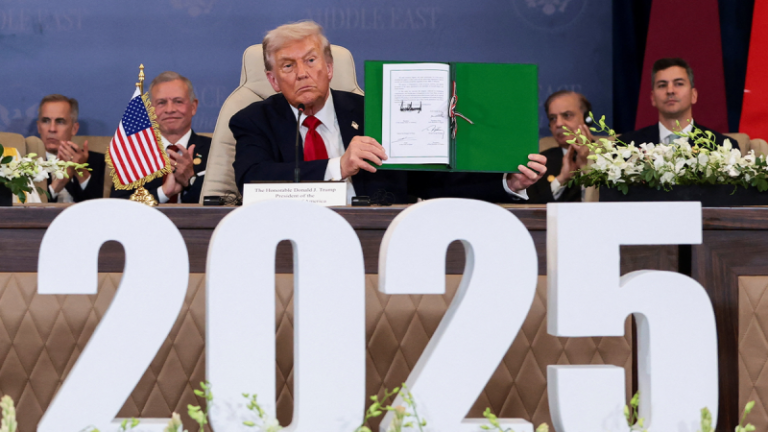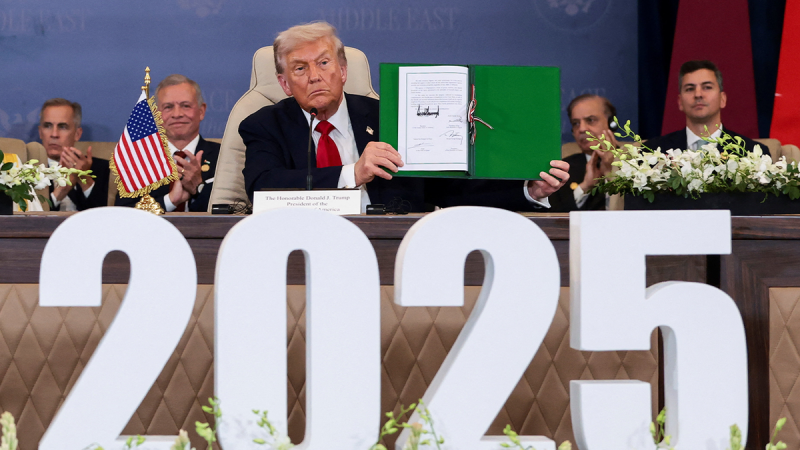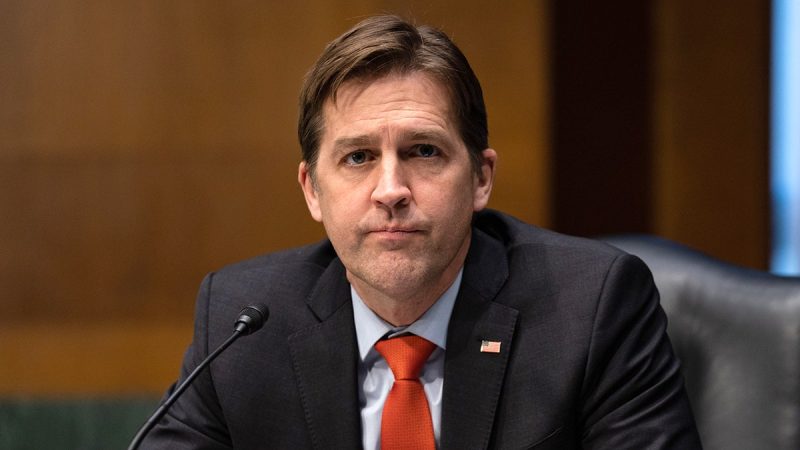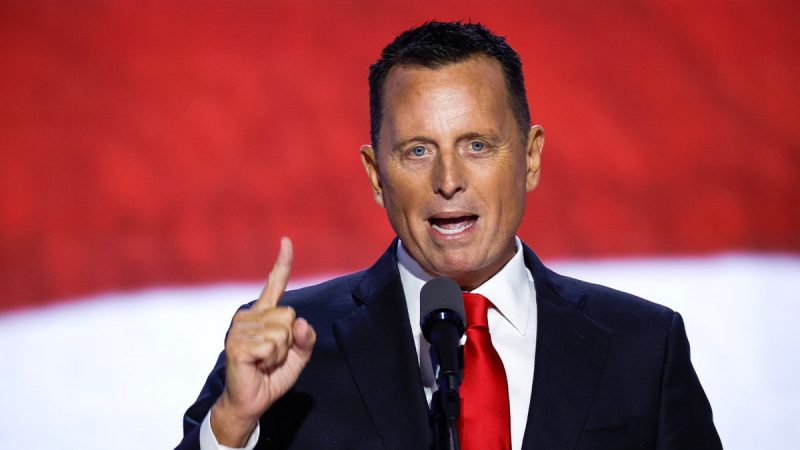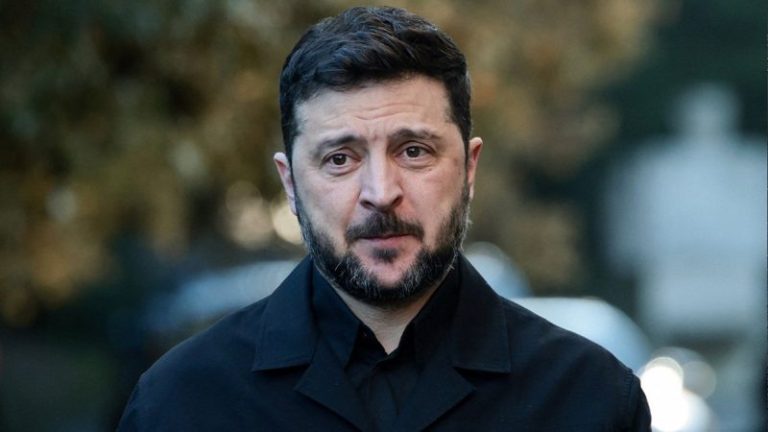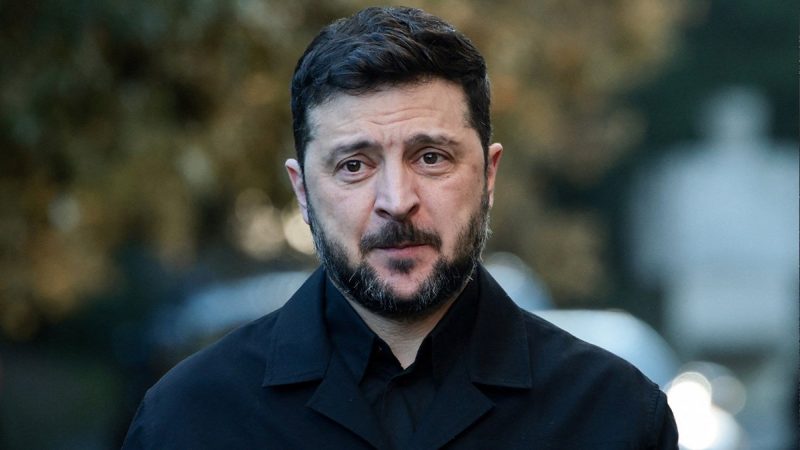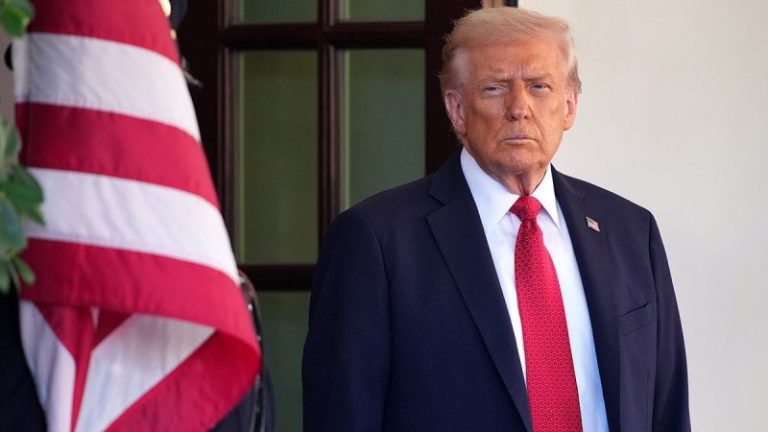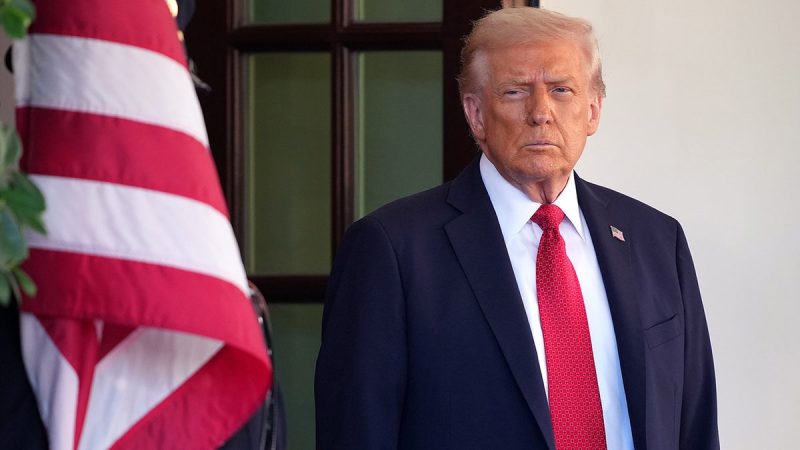
It was an off-year when it comes to elections, but 2025 was on fire on the campaign trail, as next year’s looming midterm showdowns took shape.
While it was never expected to match the intensity of the tumultuous 2024 battles for the White House and Congress, this year’s off-year elections grabbed outsized national attention and served as a key barometer leading up to the 2026 midterm contests for the House and Senate majorities.
Here are five of the biggest moments that shaped the campaign trail.
5. Trump pushes mid-decade congressional redistricting
Aiming to prevent what happened during his first term in the White House when Democrats reclaimed the House majority in the 2018 midterms, President Donald Trump in June first floated the idea of rare but not unheard of mid-decade congressional redistricting.
The mission was simple: redraw congressional district maps in red states to pad the GOP’s razor-thin House majority to keep control of the chamber in the 2026 midterms, when the party in power traditionally faces political headwinds and loses seats.
Trump’s first target: Texas.
A month later, when asked by reporters about his plan to add Republican-leaning House seats across the country, the president said, ‘Texas will be the biggest one. And that’ll be five.’
The push by Trump and his political team triggered a high-stakes redistricting showdown with Democrats to shape the 2026 midterm landscape in the fight for the House majority.
Republican Gov. Greg Abbott of Texas called a special session of the GOP-dominated state legislature to pass the new map.
But Democratic state lawmakers, who broke quorum for two weeks as they fled Texas in a bid to delay the passage of the redistricting bill, energized Democrats across the country.
Among those leading the fight against Trump’s redistricting was Democratic Gov. Gavin Newsom of California.
California voters earlier this month overwhelmingly passed Proposition 50, a ballot initiative which will temporarily sidetrack the left-leaning state’s nonpartisan redistricting commission and return the power to draw the congressional maps to the Democratic-dominated legislature.
That is expected to result in five more Democratic-leaning congressional districts in California, which aimed to counter the move by Texas to redraw their maps.
The fight quickly spread beyond Texas and California.
Right-tilting Missouri, North Carolina and Ohio have drawn new maps as part of the president’s push.
Republicans are looking to GOP-controlled Florida, where early redistricting moves are underway in Tallahassee. A new map could possibly produce up to five more right-leaning seats. But conservative Gov. Ron DeSantis and GOP legislative leaders don’t see eye-to-eye on how to move forward.
‘We must keep the Majority at all costs,’ Trump wrote on social media this month.
In blows to Republicans, a Utah district judge this month rejected a congressional district map drawn up by the state’s GOP-dominated legislature and instead approved an alternate that will create a Democratic-leaning district ahead of the 2026 midterm elections.
And Republicans in Indiana’s Senate defied Trump, shooting down a redistricting bill that had passed the state House.
But Trump scored a big victory when the conservative majority on the Supreme Court greenlighted Texas’ new map.
Other states that might step into the redistricting wars — Democratic-dominated Illinois and Maryland, and two red states with Democratic governors, Kentucky and Kansas.
4. Jay Jones text messages revealed, rocking Virginia’s elections
Virginia Democrats were cruising toward convincing victories in the commonwealth’s statewide elections when a scandal sent shockwaves up and down the ballot.
Democratic attorney general nominee Jay Jones instantly went into crisis mode after controversial texts were first reported earlier by the National Review in early October.
Jones acknowledged and apologized for texts he sent in 2022, when he compared then-Virginia House Speaker Todd Gilbert to mass murderers Adolf Hitler and Pol Pot, adding that if he was given two bullets, he would use both against the GOP lawmaker to shoot him in the head.
But Jones faced a chorus of calls from Republicans to drop out of the race.
And the GOP leveraged the explosive revelations up the ballot, forcing Democratic Party nominee, former Rep. Abigail Spanberger, back on defense in a campaign where she was seen as the frontrunner against Republican rival Lt. Gov. Winsome Earle-Sears.
Earle-Sears didn’t waste an opportunity to link Spanberger to Jones. And during October’s chaotic and only gubernatorial debate, where Earle-Sears repeatedly interrupted Spanberger, the GOP gubernatorial nominee called on her Democratic rival to tell Jones to end his attorney general bid.
‘The comments that Jay Jones made are absolutely abhorrent,’ Spanberger said at the debate. But she neither affirmed nor pulled back her support of Jones.
While the scandal grabbed national headlines, in the end it didn’t slow down the Democrats, as Spanberger crushed Earle-Sears by 15 points. Democrats won the separate election for lieutenant governor by 11 points and Jones even pulled off a 6-point victory over Republican incumbent Jason Miyares.
3. Democrats overperform at the ballot box
Just eight days into Trump’s second term in the White House, demoralized Democrats had something to cheer about.
Democrat Mike Zimmer defeated Republican Katie Whittington in a special state Senate election in Iowa, flipping a Republican-controlled vacant seat in a district that Trump had carried by 21 points less than three months earlier.
Zimmer’s victory triggered a wave of Democrats overperforming in special elections and regularly scheduled off-year ballot box contests.
Among the most high profile was the victory by the Democratic candidate in Wisconsin’s high-stakes and expensive state Supreme Court showdown.
With inflation, the issue that severely wounded them in the 2024 elections, persisting, Democrats were laser focused on affordability, and the wins kept coming.
In November’s regularly scheduled elections, they won the nation’s only two gubernatorial showdowns — in New Jersey and Virginia — by double digits. And they scored major victories in less high-profile contests from coast to coast.
The year ended with Democrats winning a mayoral election in Miami, Florida for the first time in a quarter-century, and flipping a state House seat in Georgia.
The Democratic National Committee, in a year-end memo, touted, ‘In 2025 alone, Democrats won or overperformed in 227 out of 255 key elections — nearly 90% of races.’
But Democrats are still staring down a brand that remains in the gutter, with historically low approval and favorable numbers.
Among the most recent to grab headlines: Only 18% of voters questioned in a Quinnipiac University survey this month said they approved of the way congressional Democrats were handling their job, while 73% percent disapproved.
That’s the lowest job approval rating for the Democrats in Congress since the Quinnipiac University Poll began asking this question 16 years ago.
2. Democrats’ primary problem
The Democrats overperformed in this month’s special congressional election in a GOP-dominated seat in Tennessee — losing by nine points in a district that Trump carried by 22 points just a year ago,
But there were plenty of centrist Democrats who argued that state Rep. Aftyn Behn, the Democratic nominee in the race, was too far to the left for the district.
Republicans repeatedly attacked Behn over her paper trail of past comments on defunding the police.
And the U.S. Senate campaign launch this month in red-leaning Texas by Rep. Jasmine Crockett, a progressive champion and vocal Trump critic and foil, compounded the argument by centrists.
‘The Democratic Party’s aspirations to win statewide in a red state like Texas simply don’t exist without a centrist Democrat who can build a winning coalition of ideologically diverse voters,’ Liam Kerr, co-founder of the Welcome PAC, a group which advocates for moderate Democratic candidates, argued in a statement to Fox News Digital.
And the center-left Third Way, in a memo following the Tennessee special election, argued that ‘there are two projects going on in the Democratic Party right now. One is winning political power so we can stop Trump’s calamity. The other is turning blue places bluer.’
‘If far-left groups want to help save American democracy, they should stop pushing their candidates in swing districts and costing us flippable seats,’ the memo emphasized.
1. Mamdani wins NYC mayoral primary
It was the story that has dominated campaign politics for the past six months.
Zohran Mamdani‘s convincing June 24 victory in New York City’s Democratic Party mayoral primary was the political earthquake that rocked the nation’s most populous city and sent powerful shockwaves across the country.
The capturing of the Democratic nomination by the now-34-year-old socialist state lawmaker over frontrunner former Gov. Andrew Cuomo and nine other candidates propelled Mamdani to a general election victory.
Mamdani’s primary shocker, and later, his general election victory, energized the left.
But it also handed Republicans instant ammunition as they worked to link the first Muslim New York City mayor with a far-left agenda to Democrats across the country, as the party aimed to paint Democrats as extremists.
But Trump, who had repeatedly called Mamdani a ‘communist,’ appeared to undercut that narrative with a chummy Oval Office meeting with the mayor-elect last month.
This post appeared first on FOX NEWS
